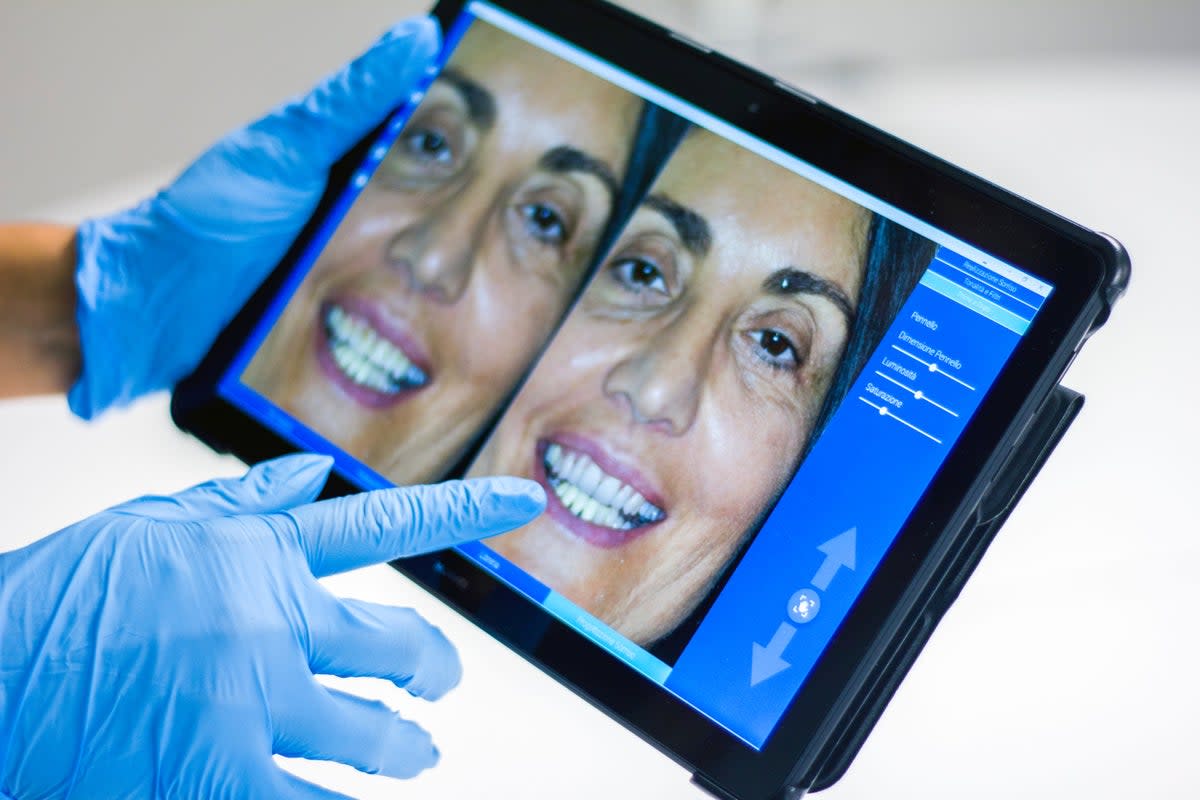What are Turkey Teeth? BBC documentary uncovers dangers of dental tourism

Pearly whites have never been out of style—but the Hollywood trend has taken the world by storm in recent years, with dental tourism at an all-time high.
The rise of “Turkey Teeth”, people travelling to Istanbul for a two-in-one dental holiday, is a new trend among young people. But they are being warned to thoroughly do their research into the risks before undergoing the irreversible procedure.
On TikTok alone, #turkeyteeth has more than 31 billion views, with many using social media to document their experiences abroad.
Irreversible treatments are being sold at a fraction of the price that they would cost in the UK, and many young people choose their clinics through social media.
Dr Trishala Lakhani answered the question “Turkey Teeth: Bargain Smiles or Big Mistake?” in her eponymous BBC documentary.
The NHS dentist and finalist in Miss Universe Britain warned against the perils of drastic cosmetic surgery.
To test the process, Dr Lakhani contacted 150 Turkish practitioners and 50 in the UK. Of the 120 Turkish clinics that responded, 70 suggested a crown or veneer treatment.
The 26-year-old dentist said: “The first offered to do 28 teeth with crowns and they said they would only need me for two days. The second just said: ‘Crowns. I think you need them.’ How rude!”
All of the 34 British clinics that responded said no treatment was necessary.
According to experts the average lifespan of a crown is 10-15 years. Crowns require 60-70 per cent of health tooth tissue to be filed down before caps are cemented.
Complications can include infections from ill-fitted crowns, root canals and problems with “Lego teeth”, where crowns are fastened in a row rather than individually.
However, less invasive treatments are available including composite bonding, a procedure applied to roughened tooth, or veneers, where teeth are shaved down much less.
Love Island star Jack Fincham told Dr Lakhani that although he was pleased with his “winning smile” he may have considered other treatment options if he had been more informed.
Fincham said: “My little brother has got his teeth done, but he has just got composites – and he got them done in England.
“I love my teeth but going back, if someone said would you have composite bonding or get the crowns done – yeah, I would just have the composites.”
On the influence he has on others, he added: “I would definitely say do a bit more research, don’t just dive into it. But I think there’s nothing wrong with it.”
The British Dental Association (BDA) conducted a survey this month of over 1,000 dentists and 86 per cent had to treat patients with adverse outcomes from the treatment abroad—as 85 per cent acknowledged the growing trend.
One in five of those surveyed also said that the hidden follow-up costs could reach more than £5,000.
Practitioners in the UK can refuse to provide treatment if a case is deemed too risky or difficult, leaving patients who can’t afford private care with disastrous effects.
Lisa, who documented her side-effects on TikTok, suffered from an infection that spread to her face and chin.
Since her treatment in 2011 she has had two root canals and multiple courses of antibiotics to deal with the pain.
She said: “I know one day I’m going to have a full set of dentures or implants, so for the people who are even younger when they start, where are they going to be?”

 Yahoo News
Yahoo News 
